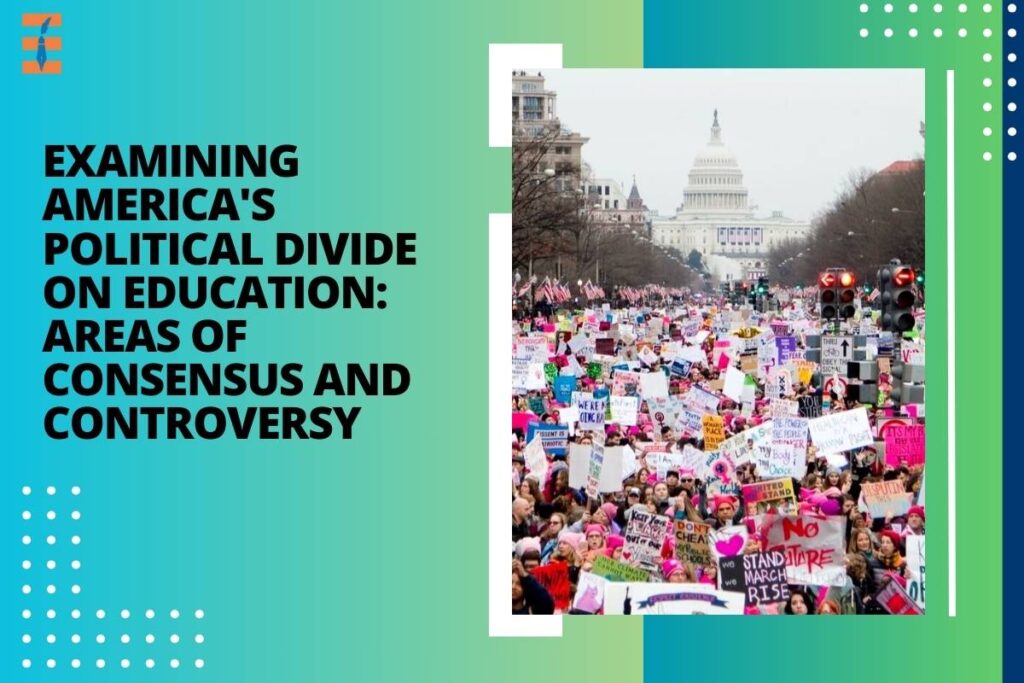Source-Making-Caring-Common
In the ongoing debates surrounding education in America, discussions have grown increasingly heated over what should be taught in schools. From literature choices to LGBTQ+ education and discussions on racism, these topics have sparked intense divisions across political lines. However, a recent study led by researchers at the University of California sheds light on areas of consensus and surprising agreements among Americans regarding public education.
Morgan Polikoff, a professor of education at the University of California, and his team conducted a study based on survey responses from 3,905 U.S. adults, focusing on their views on key educational topics. The study aimed to bridge the gap between political ideologies and find common ground for informed education policy decisions.
One notable finding from the study is the broad agreement across political affiliations on fundamental purposes of public education. Teaching core subjects like reading, writing, and math was deemed “very important” by a majority of respondents, along with providing a free education and teaching civics.
Insights into Education Preferences and Parental Rights
Despite political differences, a significant majority of adults (73%) expressed support for public funding to remain in public schools, emphasizing a preference for investing in public education rather than diverting funds to private schools.
However, divisions emerged on topics such as LGBTQ+ education. While Democrats largely supported discussions on LGBTQ+ issues in schools, Republicans showed more resistance, particularly at the elementary school level. The study highlighted nuanced differences in opinions, with a majority supporting general kindness teachings but less agreement on specific LGBTQ+ topics.
Concerns over discussions on racism, including Critical Race Theory, revealed deep partisan divides as well. While most participants agreed that discussions on racism were more appropriate for older students, opinions varied on specific topics such as the causes of the Civil War and addressing historical racism.
The study also delved into the topic of parental rights in education, an issue gaining traction in recent debates. While most adults supported parents voicing concerns about classroom content, opinions were split on how schools should respond to these concerns. This indicates a need for clearer policies on addressing parental feedback within educational institutions.
Navigating Nuanced Education Policies for National Consensus
Polikoff emphasized the importance of nuanced discussions and detailed policies in shaping education. He noted that while there are clear political divides, there are also areas of shared values and priorities among Americans regarding public education.
The findings challenge the notion of a simplistic “red state vs. blue state” education agenda, advocating instead for evidence-based and inclusive education policies that resonate with a broad spectrum of Americans. By understanding and addressing the complexities of public opinion, policymakers can strive towards reforms that garner widespread support and benefit the diverse student population across the country.
As education continues to evolve amidst societal changes and political debates, studies like these provide valuable insights for shaping a more inclusive and effective education system that meets the needs of all students while respecting diverse viewpoints within society.










